Seasoning salt is a versatile kitchen staple that combines salt with various spices and herbs to enhance flavor. Unlike plain salt, it delivers complex taste profiles while reducing the need for multiple individual seasonings. This guide explains exactly what's in seasoning salt, how to use it effectively, and how to create your own custom blends at home.
What Is Seasoning Salt? (Simple Definition)
Seasoning salt is a pre-mixed blend of table salt combined with complementary spices like garlic powder, onion powder, paprika, and herbs. It differs from regular salt by providing balanced flavor enhancement in a single step, eliminating the guesswork of combining individual seasonings.
| Core Ingredient | Typical Percentage | Primary Function | Common Substitutes |
|---|---|---|---|
| Salt | 60-80% | Flavor enhancer and preservative | Kosher salt, sea salt |
| Garlic Powder | 5-15% | Savory depth | Fresh garlic (3:1 ratio) |
| Onion Powder | 5-12% | Sweetness and complexity | Fresh onion (4:1 ratio) |
| Paprika | 3-10% | Color and mild heat | Chili powder (reduced amount) |
| Black Pepper | 2-8% | Sharp finish | Freshly ground pepper |
Top 5 Common Uses for Seasoning Salt
- Rub for meats: Apply generously before cooking for even flavor distribution
- Vegetable seasoning: Toss with roasted vegetables for instant flavor boost
- Popcorn enhancer: Sprinkle lightly for restaurant-style popcorn
- Soup and sauce base: Replace regular salt for more complex flavor
- Marinade component: Combine with oil and acid for quick marinades
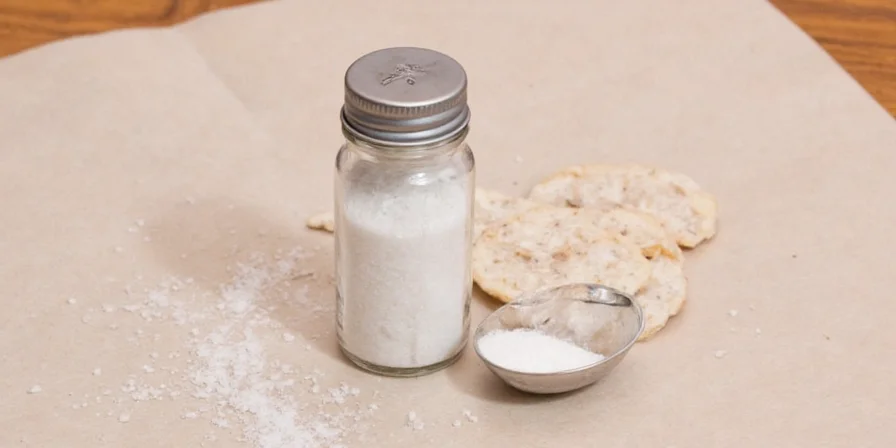
Basic Homemade Seasoning Salt Recipe
Creating your own seasoning salt lets you control ingredients and customize flavors. This simple all-purpose blend works for most dishes:
- 4 tablespoons salt
- 1 tablespoon garlic powder
- 1 tablespoon onion powder
- 1 teaspoon paprika
- ½ teaspoon black pepper
- ½ teaspoon dried thyme or oregano
Mix thoroughly in a small bowl, then store in an airtight container. Shelf life: 6 months at room temperature.
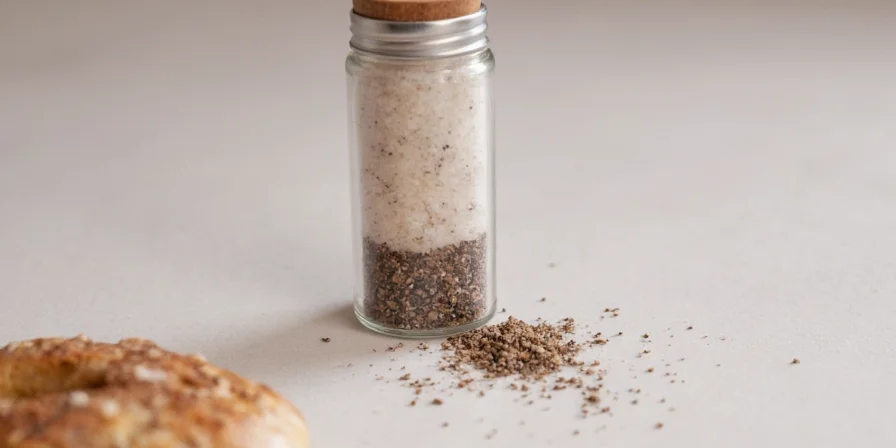
Seasoning Salt vs. Seasoned Salt: What's the Difference?
While the terms are often used interchangeably, there's an important distinction:
- Seasoning salt: Contains additional flavor enhancers like MSG or yeast extract
- Seasoned salt: Basic blend of salt and spices without added enhancers
Check ingredient labels if you're avoiding certain additives. Many commercial products labeled "seasoning salt" contain monosodium glutamate (MSG) for enhanced umami.
3 Simple Ways to Use Seasoning Salt Effectively
- For meats: Apply 30 minutes before cooking to allow flavors to penetrate
- For vegetables: Toss with oil first, then add seasoning salt to prevent clumping
- For soups: Add during last 10 minutes of cooking to preserve volatile flavors
Health Considerations
Like regular salt, seasoning salt contains sodium, but some commercial blends offer reduced-sodium options. If monitoring sodium intake:
- Look for "low sodium" versions (typically 50% less sodium)
- Create your own blend using salt substitutes like potassium chloride
- Use 25% less than regular salt since the added flavors enhance perception
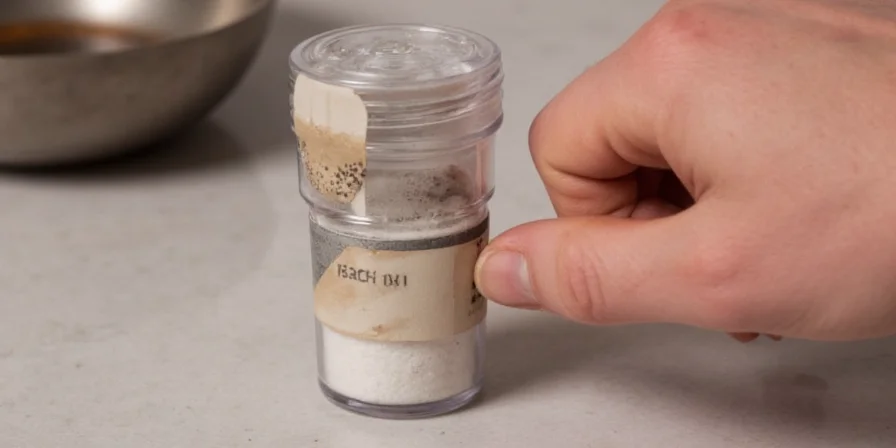
Frequently Asked Questions
Can I substitute seasoning salt for regular salt?
Not in a 1:1 ratio. Because seasoning salt contains other ingredients, use about 25% less than regular salt to avoid overpowering dishes. For precise substitution, replace 1 teaspoon regular salt with ¾ teaspoon seasoning salt.
Why does my seasoning salt clump?
Moisture causes clumping in salt-based products. To prevent this, store in an airtight container with a silica packet, or add 1-2 grains of uncooked rice to absorb moisture. Avoid storing near heat sources or in humid environments.
How long does seasoning salt last?
Commercial blends typically remain fresh for 18-24 months. Homemade versions last about 6 months. Signs of deterioration include faded color, loss of aroma, or caking that doesn't break apart easily.
Popular Commercial Seasoning Salts Compared
| Brand | Distinctive Features | Best For | Sodium per ¼ tsp |
|---|---|---|---|
| Lawry's | Garlic-forward, no MSG | Roasted meats, potatoes | 480mg |
| McCormick | Balanced profile, contains MSG | General purpose cooking | 510mg |
| Old Bay | Celery seed dominant, spicy | Seafood, corn on the cob | 450mg |
| Slap Ya Mama | Pepper-forward, spicy | Grilling, Cajun dishes | 470mg |
Conclusion: Maximizing Your Seasoning Salt
Understanding what's in seasoning salt and how to use it properly transforms ordinary cooking into consistently flavorful meals. By starting with quality commercial blends or creating your own custom mixes, you can enhance dishes with minimal effort. Remember that proper storage maintains freshness, and strategic application timing ensures optimal flavor development in your cooking.
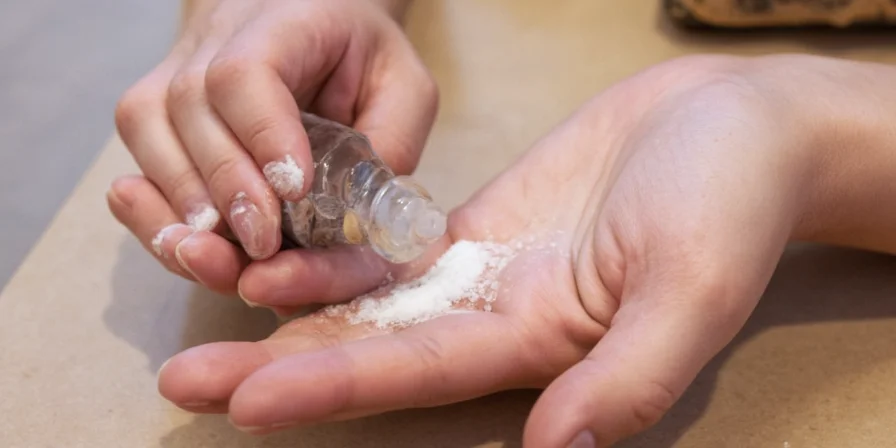

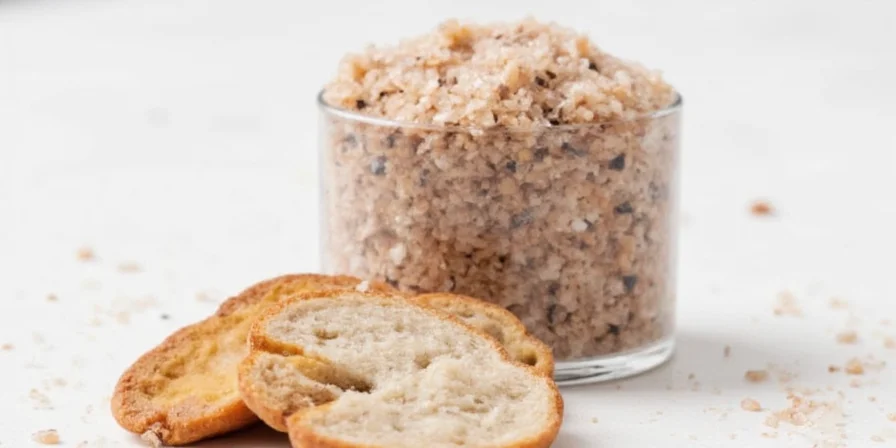









 浙公网安备
33010002000092号
浙公网安备
33010002000092号 浙B2-20120091-4
浙B2-20120091-4